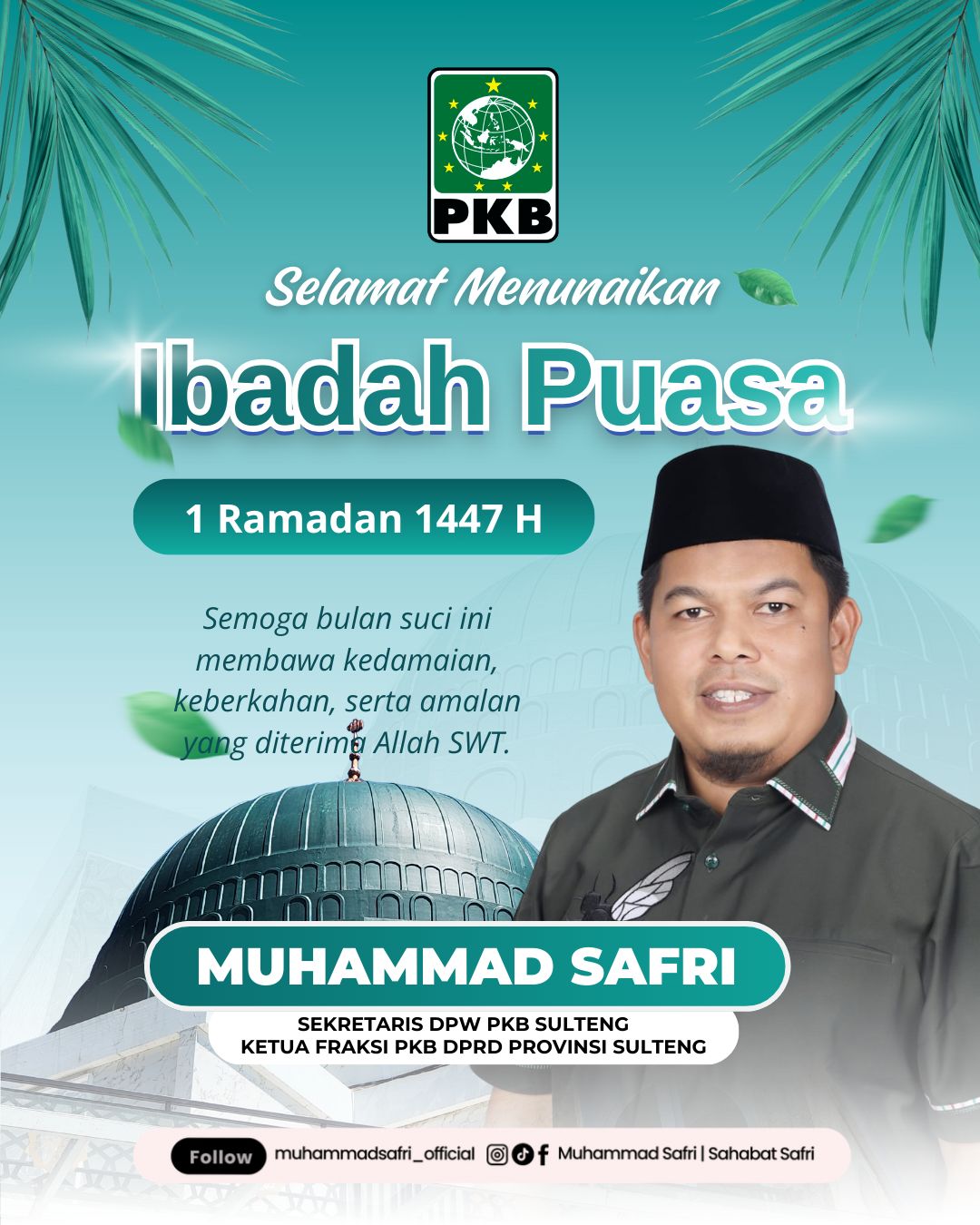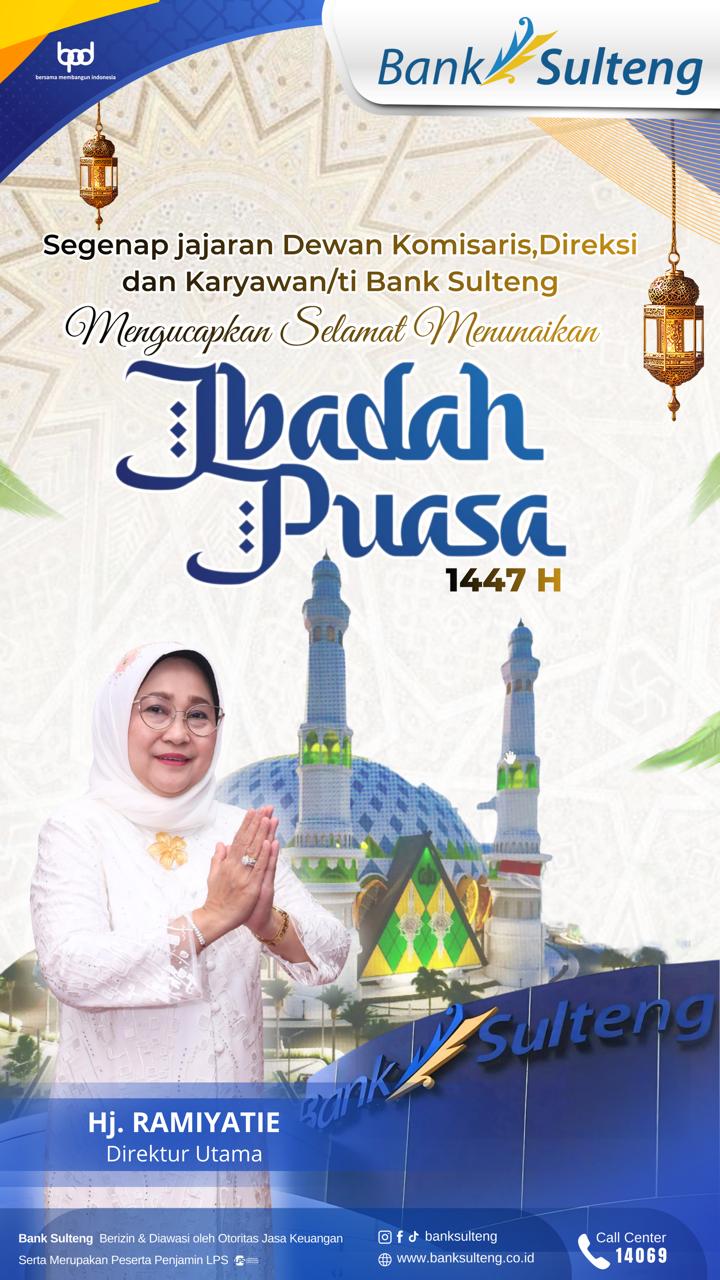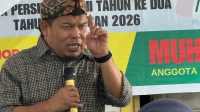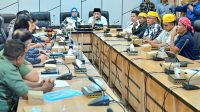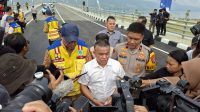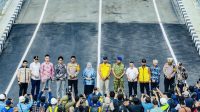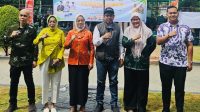A MANGROVE Boardwalk in Lembanato Village, Togean Subdistrict, Tojo Unauna Regency, renovations have been carried out almost every year.
For 12 years since 2007, no less than Rp. 5 billion in funds was poured and devoted to meronavasi the boardwalk which became the tourism icon of Touna.
But unfortunately, the huge outflow for 12 years did not provide a dime for the PAD, especially for the income of the community.
“There is no income from that product. There is also no appreciation from tourists and there is no money out of their pocket. Of course this renovation is a futile and wasteful investment, “said the dynamist Jerat (People’s Ecotourism Network) of Central Sulawesi, Rasyid Languha in his press release on Sunday (05/26/2019).
Rasyid revealed the first renovation in 2007 with a budget of Rp. 175 million. The magnitude of 2010 was IDR 800 million. 2019 is even greater. Budgeted with a total cost of more than Rp1.3 billion divided into two budget lines.
In his article titled Reflections Towards the 21st Year of the British Awards, further Rasyid Languha questioned why the mangrove bridge was renovated again with concrete construction and would be left silent in the middle of the mangrove forest? Why are village communities not given access to manage? Why is the capacity of the villagers not increased to regenerate the management of this product? Why is such a budget not allocated for improving the quality of management that has an economic impact on the small people? And a series of other questions.
To Whom Tourism for? It should be reminded that the idea of renovation was first consulted by the community with the Tourism Office in 2006. The Lembanato community (WAKATAN) proposed a small fund of Rp.10 Million to repair several damaged parts since the crisis of tourist visits between 2000-2004 as a consequence of the crisis Poso. The Tourism Office approved and included in the 2007 budget line.
As a result, the figure that came out was Rp175 million and eventually aroused the excitement of the appetite of the contractors and project renters (rent seekers). “The project is fleshy,” they said. Uniquely, the tender winner contractor also claims that the product is the result of his work and has the right to manage it.
Just a reminder that the mangrove bridge was built from the pure initiative of the Lembanato village community. Both the origin of the idea and the implementation of its development are self-supporting. It was first done in 1995 by a group of people calling themselves the WAKATAN group (mangrove forests in Bobongko language).
Gradually and painstakingly for 2 years, the Wakatan group built their ideas. Completed and began to be promoted in June 1997 with 90% of the community. The total cost is IDR 11 million.
These costs include physical construction of Rp. 9.5 million, and Rp1.5 million for promotional material and product interpretation from the contributions of individual observers (guide book treck, signboard and leaflets).
The impact was before the Poso crisis, between 1997 and 1999 more than 400 tourists visited. Alhamdulillah, more than just a tourist visit, in 1998 after 1 year of operating mangrove tourism activities, the Wakatan group received an award from a British airline company, British Airways.
This company is the main sponsor who funded the “British Awards” awarding program based on recommendations from the World Tourism Organization (WTO) and other world tourism agencies.
A Lembanato villager representing the Wakatan Group in collaboration with the Togean Ecotourism Network (Togean Ecotourism Network) received a direct award in London, England in October 1998. The award brought the theme “Tourism for Tomorrow” in the “Higly Commended Pacific” category.
Of course, the award plaque received is not significant. However, the independence and self-reliance of these people provides enormous rewards and contributions to the promotion and development of tourism in Togean Islands.
From this award, Togean Islands get the opportunity of free promotion for 1 year in international and domestic flights from British airlines, British Airways.
Can a free promotion like this be obtained with a mangrove bridge built by the Regional Government with a budget of billions of rupiah?
If not, can the local budget be allocated sufficiently to fund 1 year of promotion in British airlines?
By him, explained Rasyid, it is important to know that the mangrove bridge is not just a physical building. Or just a tourist product component. It is a product of learning interactions. An appreciation of the results of the interaction of sharing experiences and knowledge between rural communities and tourists to strengthen humanitarian solidarity and joint efforts to protect mangrove ecosystems.
The award was given not because of the physical building of the bridge. Awards are given for self-reliance and independence, as well as knowledge and cultural wisdom of local communities. From information disseminated by tourists, community-based tourism activities finally received appreciation and were published in various international journals.**
Reportage: Ikhsan Madjido


